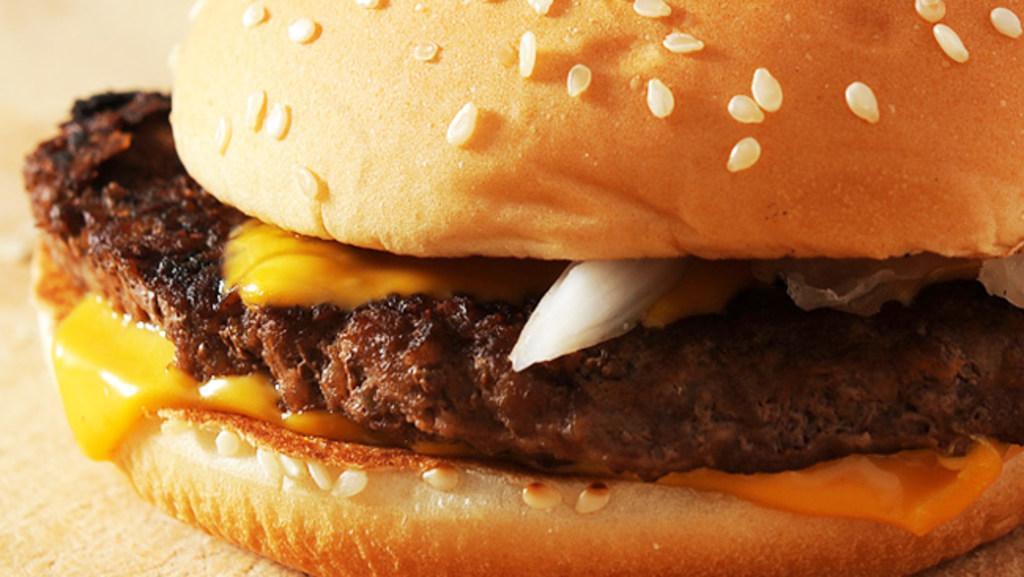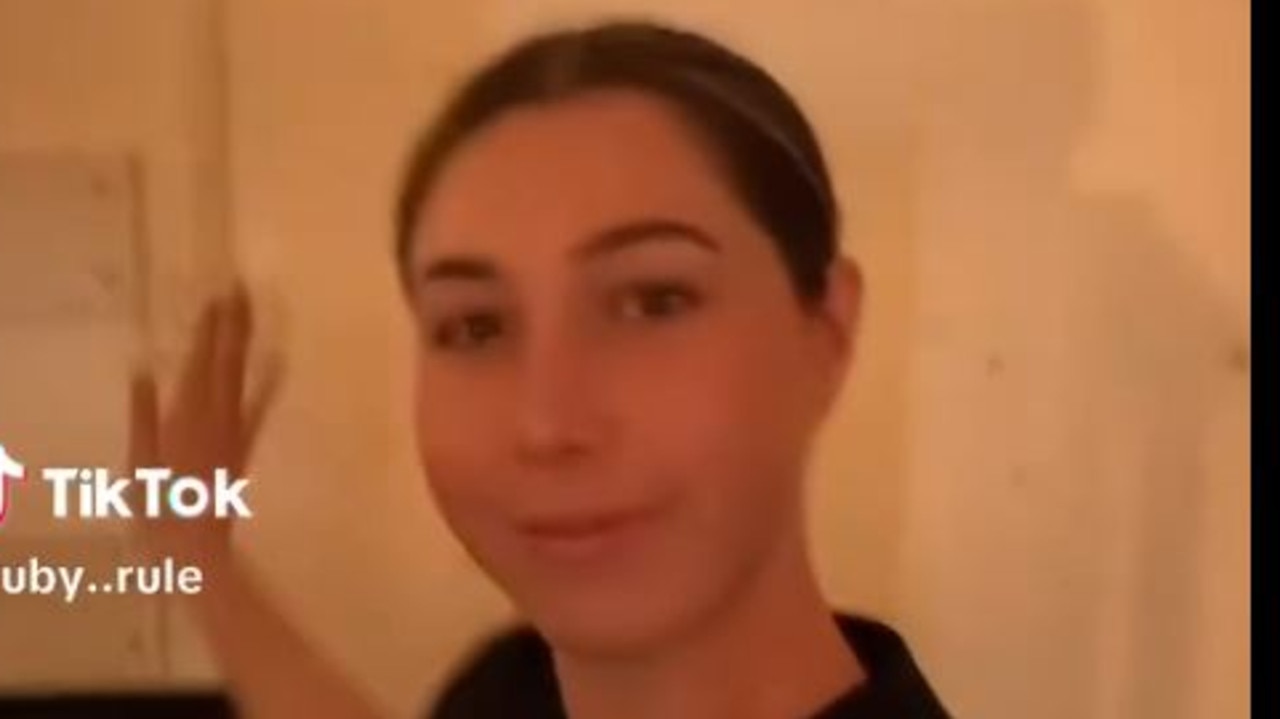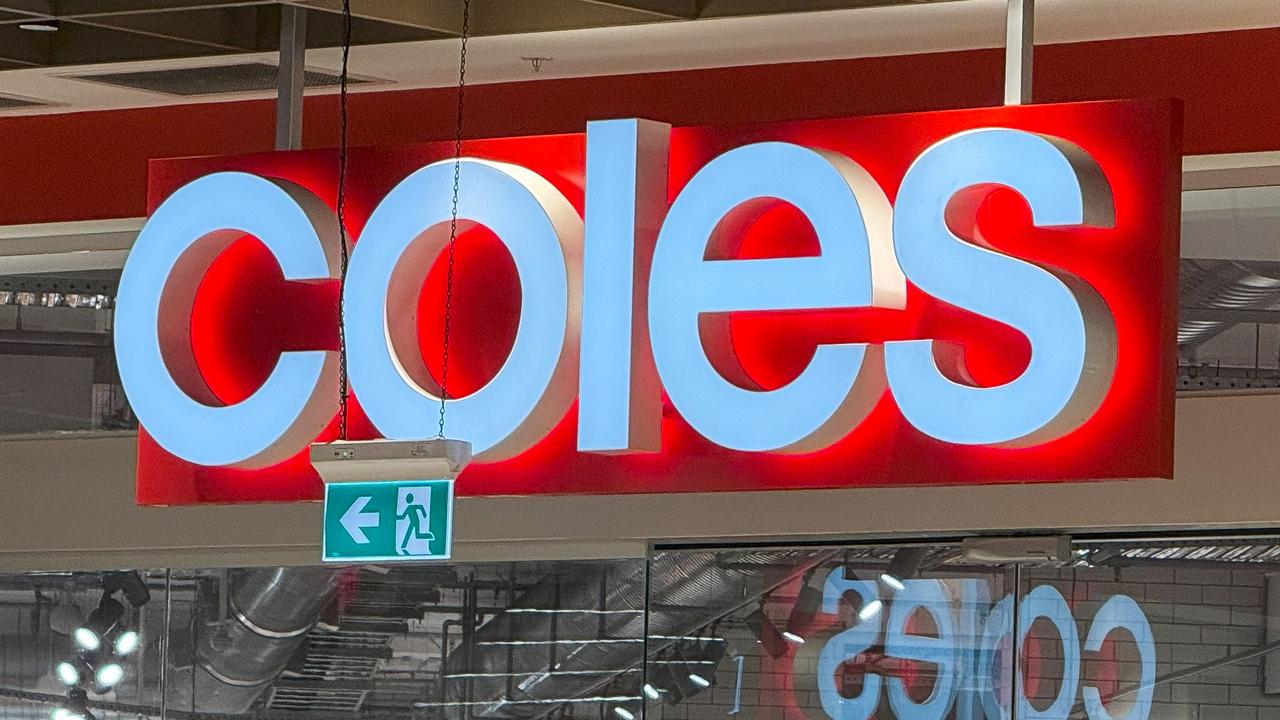Guzman y Gomez plots hi-tech drive-through Mexican wave
RAPIDLY growing Mexican chain Guzman y Gomez has teamed up with Google to develop a “virtual drive-through” in a bid to take on McDonald’s.
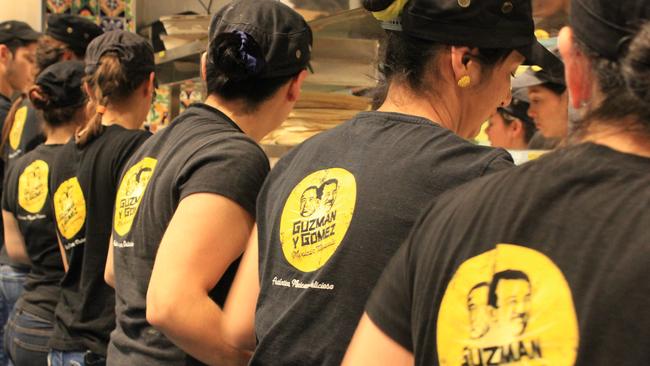
RAPIDLY growing Mexican chain Guzman y Gomez has teamed up with Google to develop a “virtual drive-through” in a bid to take on McDonald’s and “reinvent fast-food for the 21st century”.
It comes as the chain, founded by former New York hedge fund manager Steven Marks and financially backed by three Australian McDonald’s pioneers, reveals it has hired US fast-food veteran Kevin Reddy to spearhead a major push into America.
Mr Reddy is the former chief operating officer of Mexican chain Chipotle and chief executive of pasta chain Noodles & Company, and helped guide both companies to successful stock market listings.
GyG, which opened its first store in 2005 and now turns over more than $150 million a year, has 82 stores in Australia, five in Singapore and four in Tokyo, and aims to open up to 25 new locations a year, including its first US stores.
Its first drive-through opened in 2015 with “times on par with McDonald’s”, and GyG will open another eight this year: at Acacia Ridge, Maroochydore, Springfield, Capalaba, Burleigh Heads in Queensland, Hoxton Park and Coffs Harbour in NSW, and Bendigo in Victoria.
Mr Marks said the three drivers of growth would be the chain’s focus on food quality — it has committed to using 100 per cent sow stall-free pork, free-range chicken and grass-fed beef — drive-through and mobile ordering.
More than 20 per cent of GyG’s orders now come through its app, and Mr Marks said he hoped one day that would be 100 per cent. “Eventually we will have counterless stores,” he said.
“I want people to walk into GyG and it’s like an Apple Store, our salespeople are on their phones, everybody’s ordering on the app.”
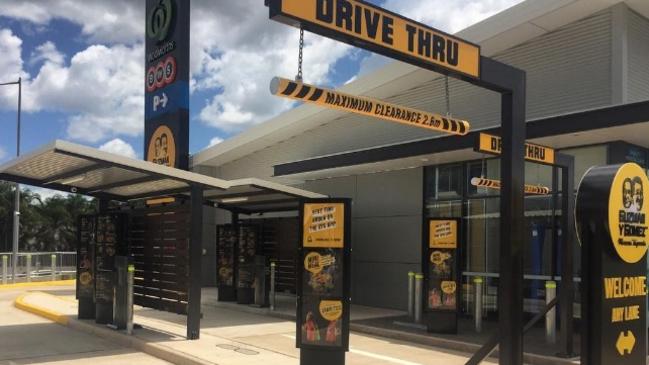
GyG has been working with the Google’s Zoo team, described as a “creative think tank for brands and agencies”, to bring that vision to life.
“I don’t know how deep I can get into it,” Mr Marks said. “We’ve been talking to them for the past year but everything’s been starting to ramp up over the past few months.
“Right now we’re prototyping stuff and getting everything ready. Traditional fast-food guys, 70 per cent of their business comes through drive-through, but it hasn’t changed for the last 40 years.
“You have these huge extra bolt-on components, 10-car stacks lined up, speaker box, pick-up window — say that didn’t exist. Say we built our own virtual drive-through, what do we want the guest experience to look like?
“We’re reinventing drive-throughs, critically challenging every step of the process.”
While all of the drive-throughs opening this year will be traditional style, Mr Marks said some of the new technology features would start to hit the app within three to six months. “You’ll see some incredible aspects on our app,” he said.
The chain has also teamed up with Caltex to open four pilot stores — two in Victoria and two in NSW — as part of the service station’s “The Foodary” concept, with the potential for more locations to speed up GyG’s national rollout.
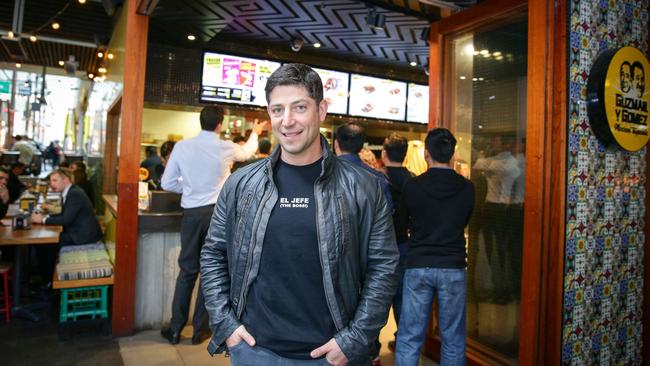
By combining “location awareness, sensor beacons, artificial intelligence and voice ordering”, Mr Marks envisions customers being able to place an order through their phone and “you pull up and we’re outside with your food”.
“We’re out to reinvent fast-food for the 21st century,” he said. “The benefit of starting out slow and having to educate [Australians] about Mexican food, is we developed internal capabilities to become a food and tech business.”
Mr Marks said GyG had developed “one of the fastest operating platforms globally” due to its ticketing system and kitchen set-up. “For GyG, our kitchens are our engine room,” he said. “[Other stores like] Subway or Chipotle have a linear set-up, long lines to get to the counter, the actual operation is very inefficient.
“I have a front counter, then behind that I have a double linear line, then a cook line. [The sticker system means] it doesn’t matter where the orders are coming from. If you place an order on your mobile, it goes straight through to the guys cooking.”
Mr Marks said GyG’s kitchens had the capacity to put through 450 orders or 800 burritos an hour. “All we need to do is get more orders in,” he said. “We figured out the speed game, these [other] guys don’t have the tech capability.”
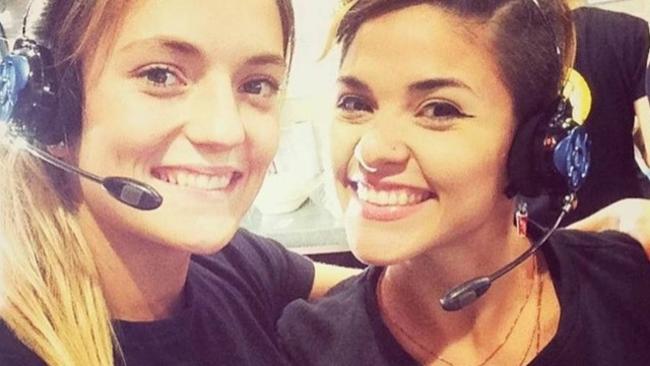
The chain is eyeing locations in Dallas, Chicago, Miami, Fort Lauderdale and Tampa for its first US store, which will be company-owned. GyG currently has 15 company stores, but is selling a number of those to franchisees to build up a “kitty” for its US expansion.
Mr Marks is confident he can compete with the likes of Chipotle — because doing business in Australia is so much harder.
“In the US there are so many average brands out there because there is a huge population to support them,” he said. “In Australia there’s a smaller population, high labour and food costs.”
He anticipates drive-through Mexican will be a hit in America because at the moment there are “only a couple” of Mexican chains that do it, and they “play at the cheap end”.
“It’s the menu [that will differentiate us],” he said. “What’s amazing in the US now, it seems like every 20-something in California is vegetarian or vegan, and what’s leading that is Mexican food.
“The dream is when you walk into GyG, half is animal protein of the highest quality, and the other half is plant protein. We’re doing some incredible menu innovations like cauliflower rice, black bean patties, all these different plant proteins.”
But despite bringing on Mr Reddy to build the business, Mr Marks said there were no plans at this stage for a stock market listing. “We just want to grow and really nail down the tech aspect,” he said.
“Hopefully we’ll sign up another couple of countries in Asia and Europe, and the first five stores in the US will be company-owned. We just want to make sure we get it right.”
